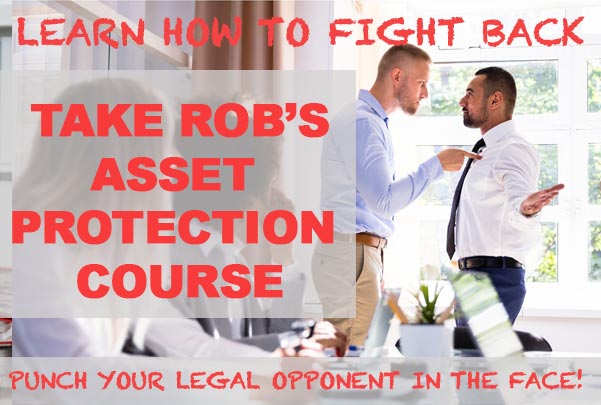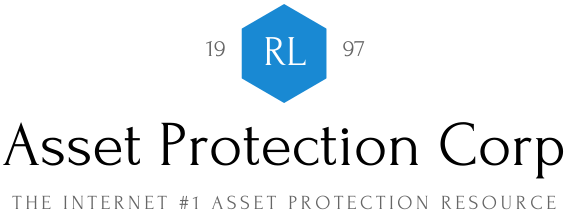EXAMPLES OF ABUSIVE TRUST ARRANGEMENTS
The Business Trust
The owner of a business transfers the business to a trust (also known as an unincorporated business trust, or UBO) in exchange for units or certificates of beneficial interest, sometimes described as units of beneficial interest (UBI).
The business trust makes payments to the trust unitholders or to other trusts created by the owner (which are characterized either as deductible business expenses or deductible distributions) purporting to reduce the taxable income of the business trust to the point where little or no tax is due from the business trust. Additionally, the owner claims the arrangement either reduces or eliminates his self-employment taxes on the theory that he (the owner) is receiving reduced or no income from the operation of the business.
In some cases, the trust units are supposed to be canceled at death or “sold” at a nominal price to the owner’s children, which leads to the contention by promoters that there is no estate tax liability.
The Equipment or Service Trust
The equipment trust is formed to hold equipment rented or leased to the business trust, often at inflated rates, while the service trust is formed to provide services to the business trust, again often for inflated fees.
Under these abusive trust arrangements, the aim of the business trust is to reduce its income by making allegedly deductible payments to the equipment or service trust. As to the equipment trust, the owner of the equipment may claim that transferring the equipment to the equipment trust in exchange for the trust units are a taxable exchange. The trust takes the position that the trust has bought the equipment at its fair market value and that the value is the tax basis of the equipment for intentions of claiming deductions for depreciation.
On the other hand, the owner takes the unstable position that the value of the trust units received cannot be determined, resulting in no taxable gain to the owner on the exchange. The equipment or service trust could also attempt reducing or eliminating its income by being distributed to other trusts.
The Family Residence Trust
This involves the owner of the family residence transferring the residence, including all of its furnishings, to a trust. This is similar to the equipment trust in which the parties claim inconsistent tax treatment for the trust and the owner. The trust claims that the exchange results in a stepped-up basis for the property while, in the meantime, the owner reports no gain. The trust contends to be in the rental business and alleges to rent the residence back to the owner. But, in most cases, little or no rent is paid.
Instead, the owner makes the contention that he and his family members are caretakers or service providers to the trust and, therefore, reside in the residence for the benefit of the trust. Under some arrangements, the family residence trust receives funds from other trusts (i.e., a business trust) which are treated as the trust’s income.
In order to reduce the tax that may be due with respect to such income (and income from rent actually paid by the owner), the trust attempts to deduct depreciation and expenses of maintaining and operating the residence.
The Charitable Trust
In the charitable trust, the owner transfers assets to an alleged charitable trust and claims either that payments to the trust are deductible or that the payments made by the trust are deductible charitable contributions. Payments are, in fact, made to charitable organizations.
However, the payments are principally for personal educational, living, or recreational expenses of the owner or the owner’s family. One example would be the trust paying the college tuition of the owner’s son.
The Final Trust
In some multi-trust arrangements, the owner of one or more abusive trusts establishes a trust (known as the “final trust”) that holds trust units of his other trusts and is the final distributer of their income.
A final trust often is formed offshore in a foreign country that imposes little or no tax on the trust.
In some arrangements, more than one foreign trust is used with the cash being channeled from one trust to another until the cash is finally distributed to the U.S. owner, allegedly tax free.

Trust scams and scammers
-
Abusive Trusts: Someone will have to pay the taxes!
-
Pure Trust scams
-
IRS Targets Five illegal Trusts
-
Constitutional Trusts and Pure Trust scams
-
Legal principles that are applicable to trusts
-
IRS cracking down on trust scammers
-
Abusive Trust arrangements
-
Example – The Business Trust
-
Example – The Equipment or Service Trust
-
Example – The Family Residence Trust
-
Example – The Charitable Trust
-
Example – The Final Trust
newsletter signup
[forminator_form id=”1485″]

FIGHTING BACK!
